The dog knows, but does not know that he knows
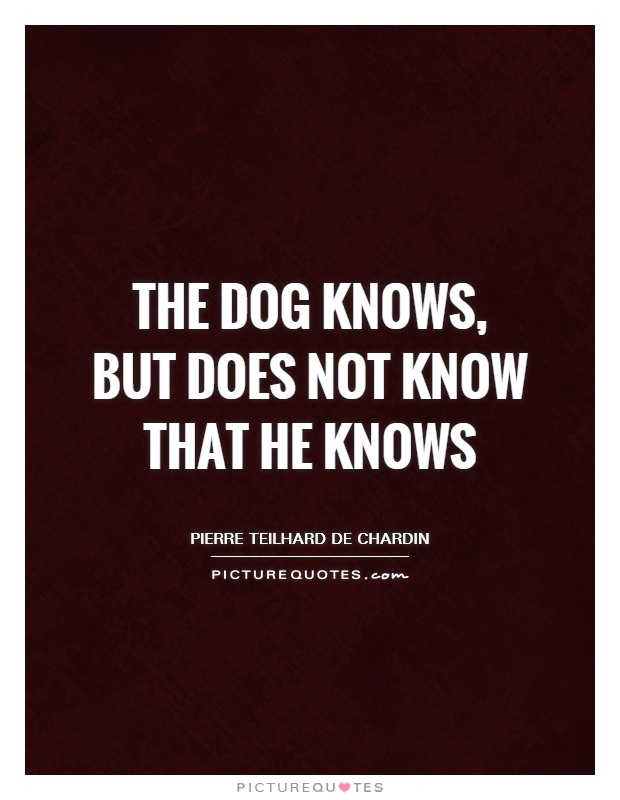
The dog knows, but does not know that he knows
Pierre Teilhard de Chardin, a French philosopher and Jesuit priest, was known for his groundbreaking work in the fields of paleontology, theology, and philosophy. One of his most famous concepts is the idea of the "noosphere," which is the collective consciousness of humanity. Teilhard believed that as humans evolve and become more interconnected through technology and communication, we are creating a global network of thought and knowledge that transcends individual minds.In the context of "The dog knows, but does not know that he knows," Teilhard's ideas about consciousness and evolution can shed light on the nature of knowledge and awareness in non-human animals. Dogs, as intelligent and social creatures, possess a level of awareness and understanding that goes beyond simple instinct. They can learn, remember, and problem-solve, demonstrating a form of cognition that is not purely reactive.
However, dogs do not have the same level of self-awareness or reflective consciousness as humans. They do not possess the ability to contemplate their own existence or engage in abstract thought. In this sense, they "know" in a more limited way than humans do. They are aware of their surroundings, their needs, and their relationships with others, but they do not have the capacity to reflect on their own knowledge or question the nature of reality.
Teilhard's concept of the noosphere can help us understand the unique position of dogs in the hierarchy of consciousness. While they may not have the same level of self-awareness as humans, they are still connected to the collective consciousness of all living beings. They are part of the web of life that Teilhard believed was evolving towards a higher level of unity and awareness.
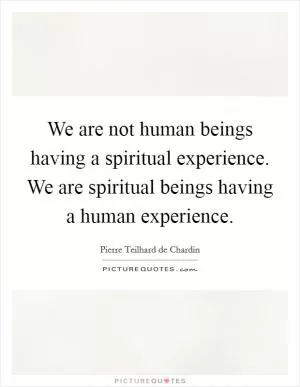
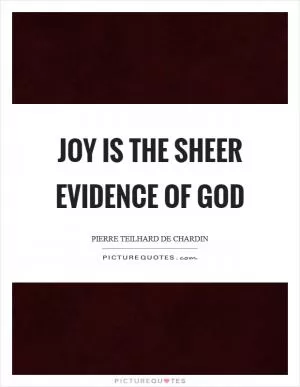
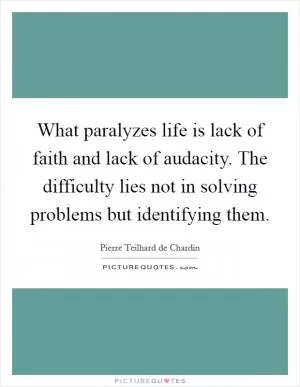




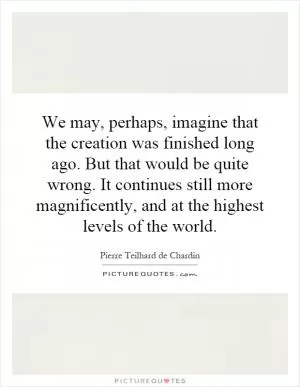


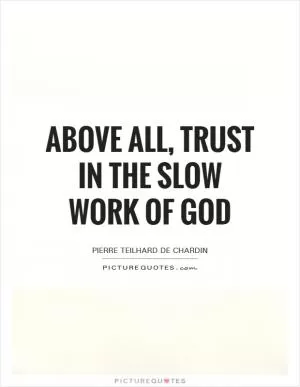

 Friendship Quotes
Friendship Quotes Love Quotes
Love Quotes Life Quotes
Life Quotes Funny Quotes
Funny Quotes Motivational Quotes
Motivational Quotes Inspirational Quotes
Inspirational Quotes